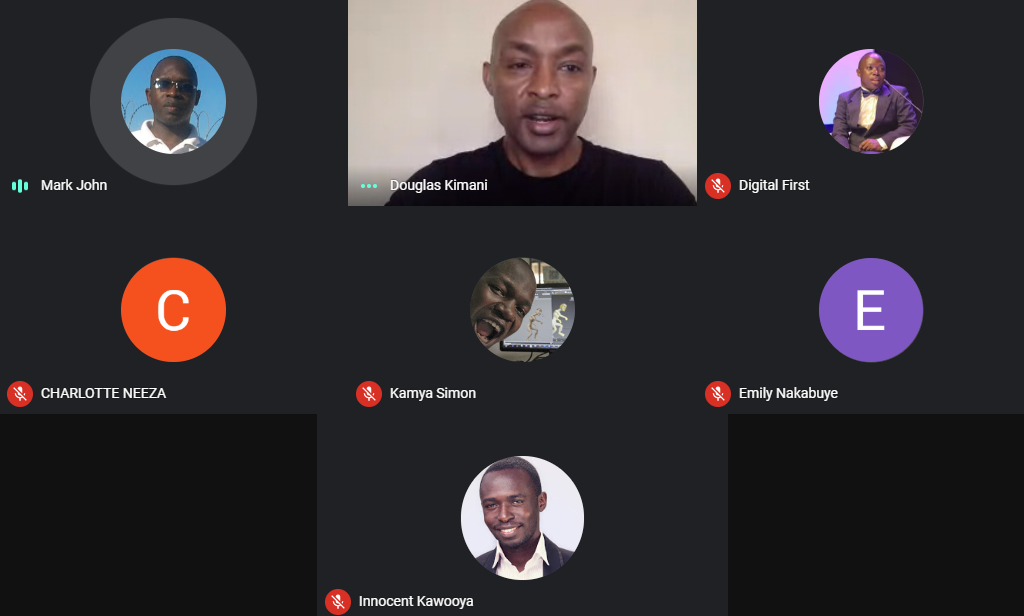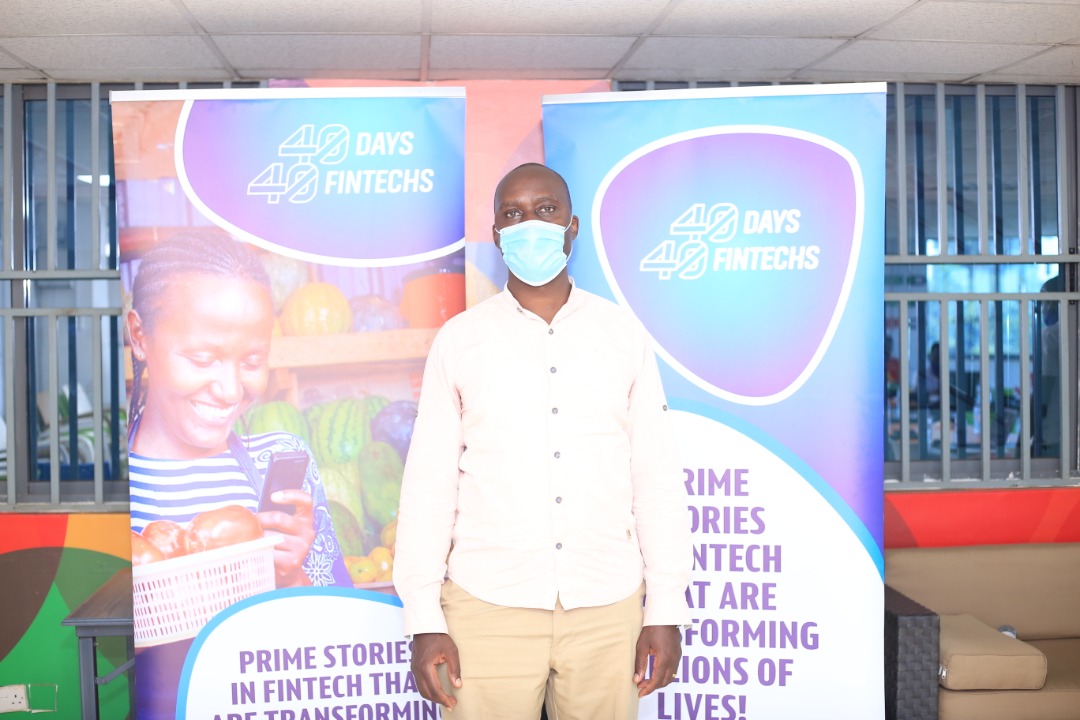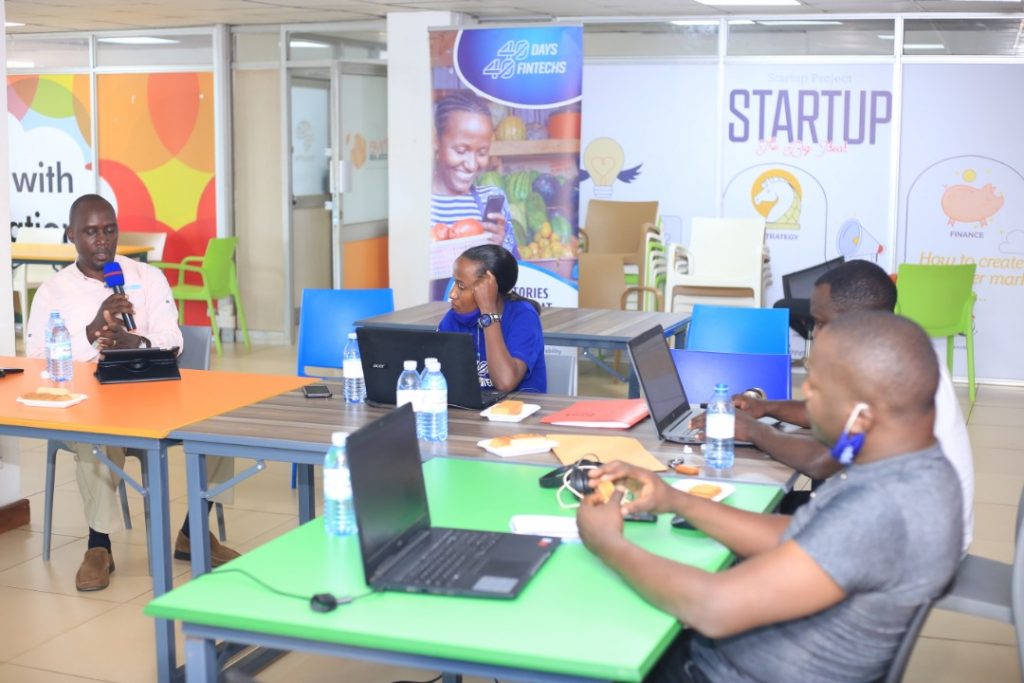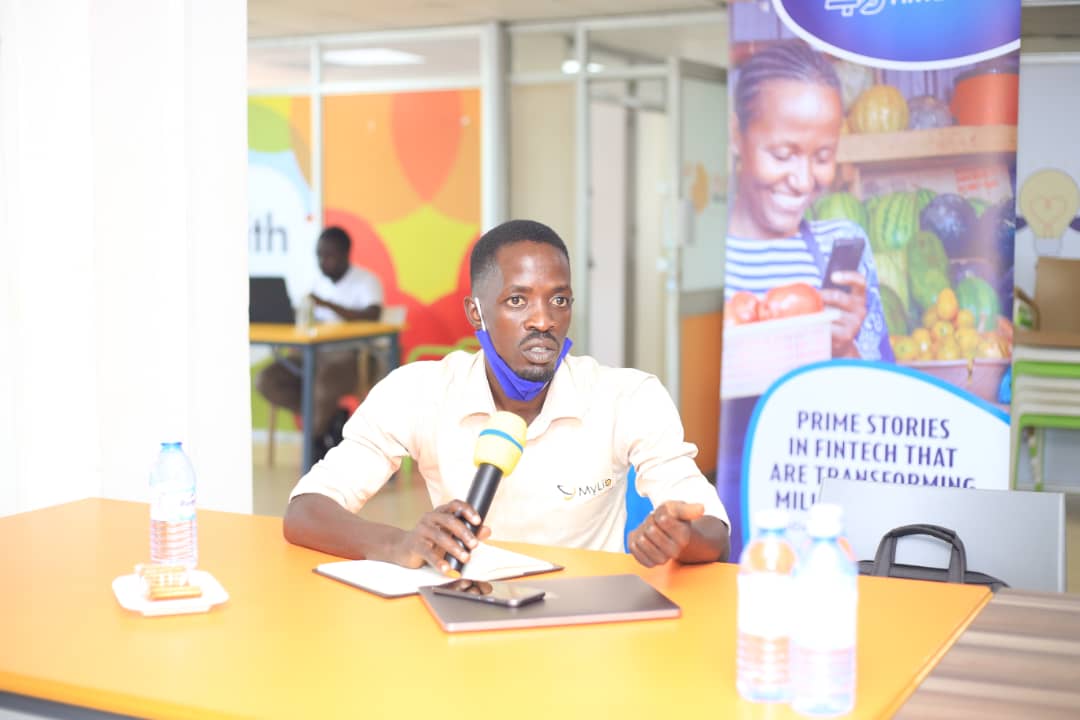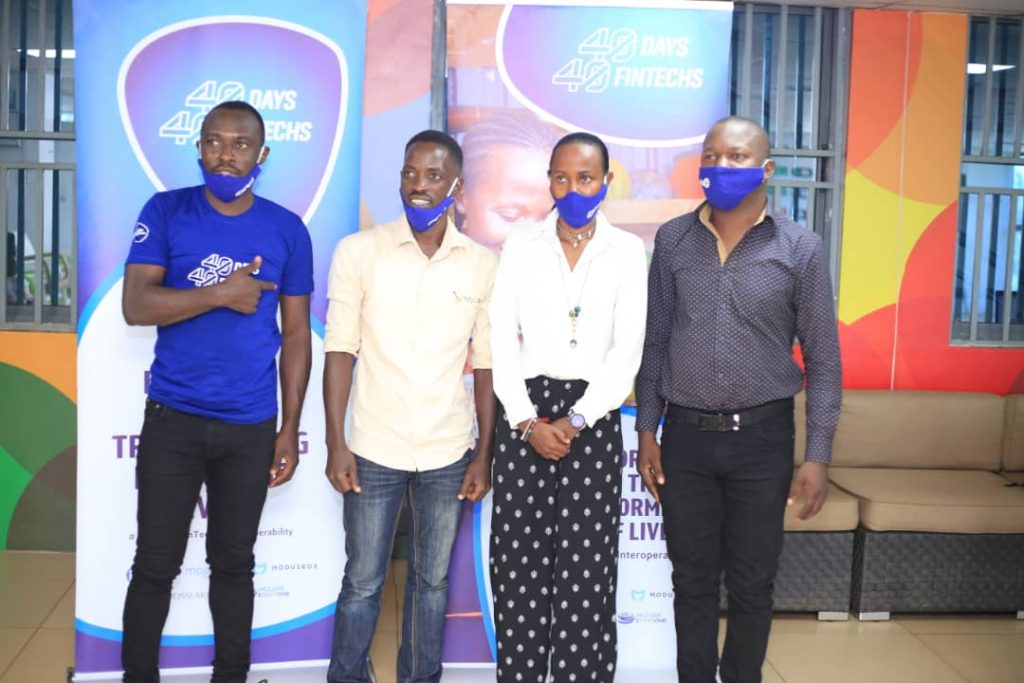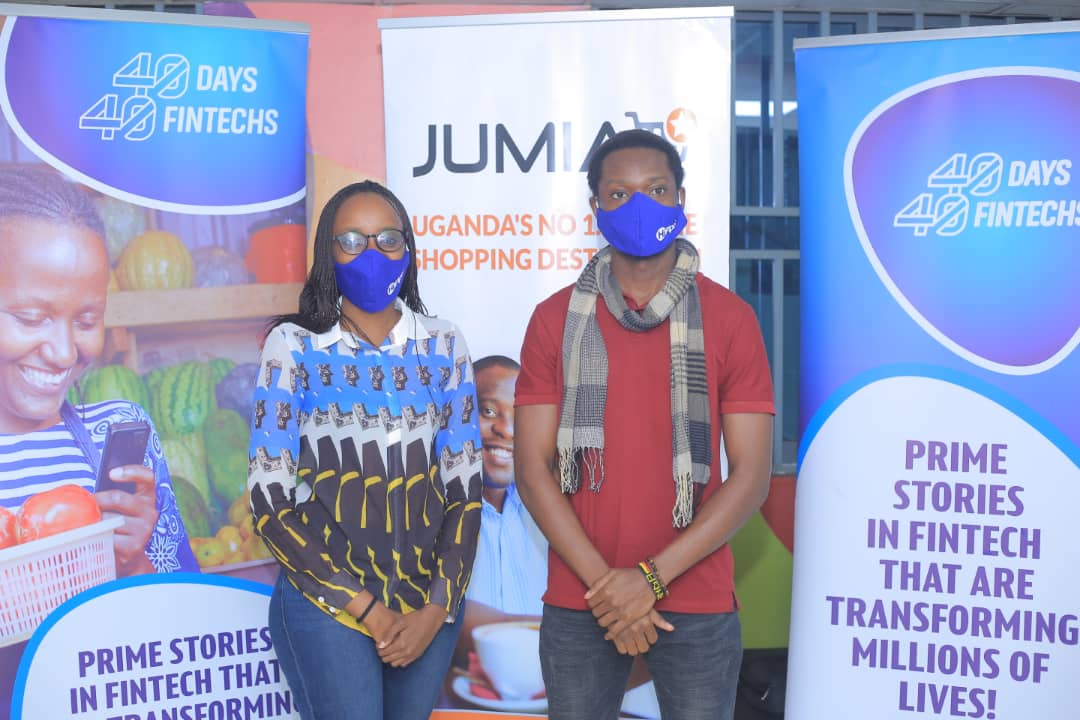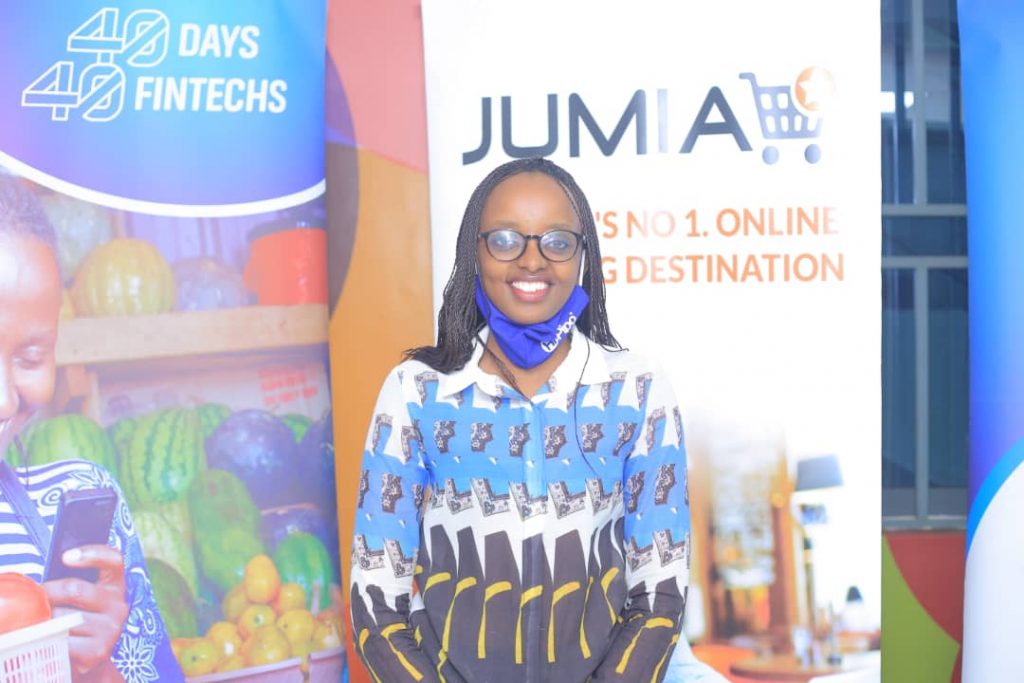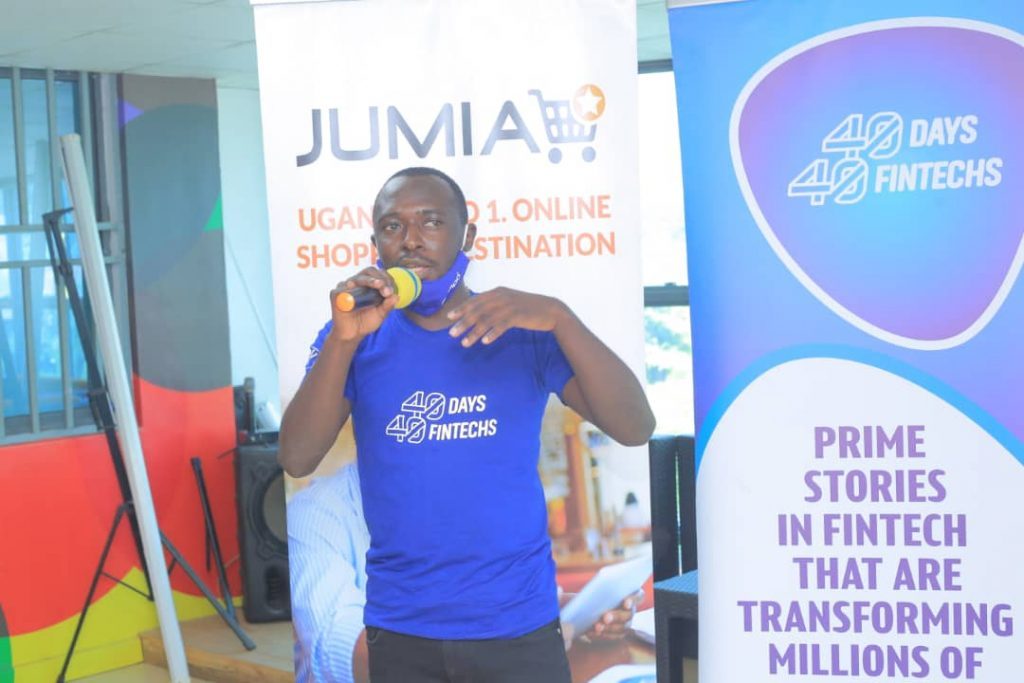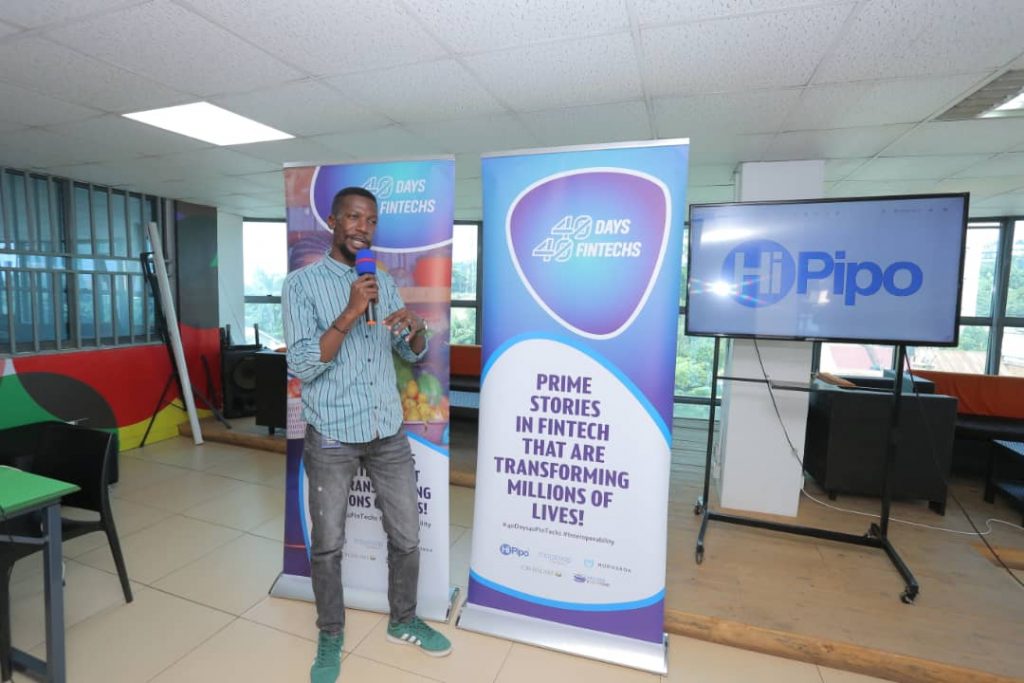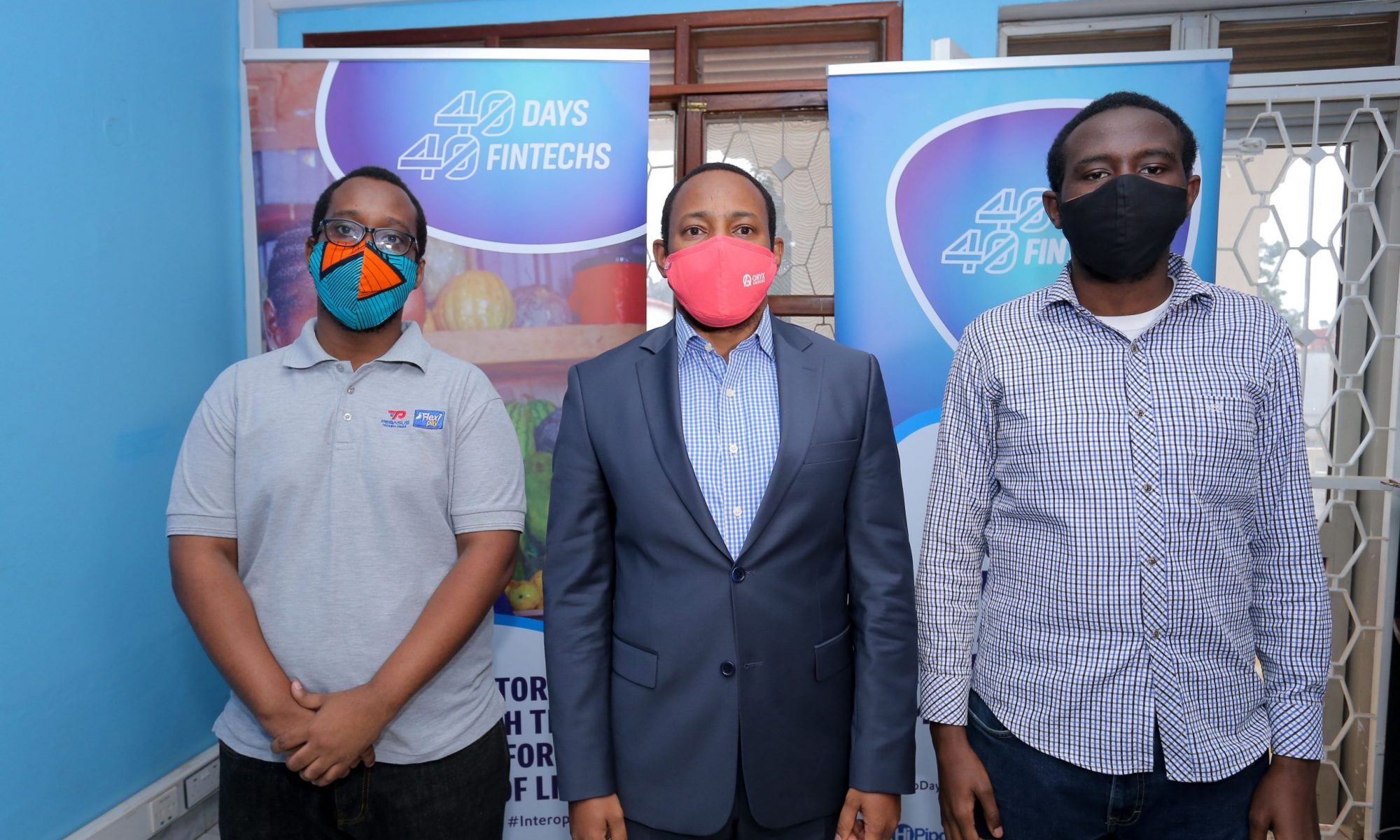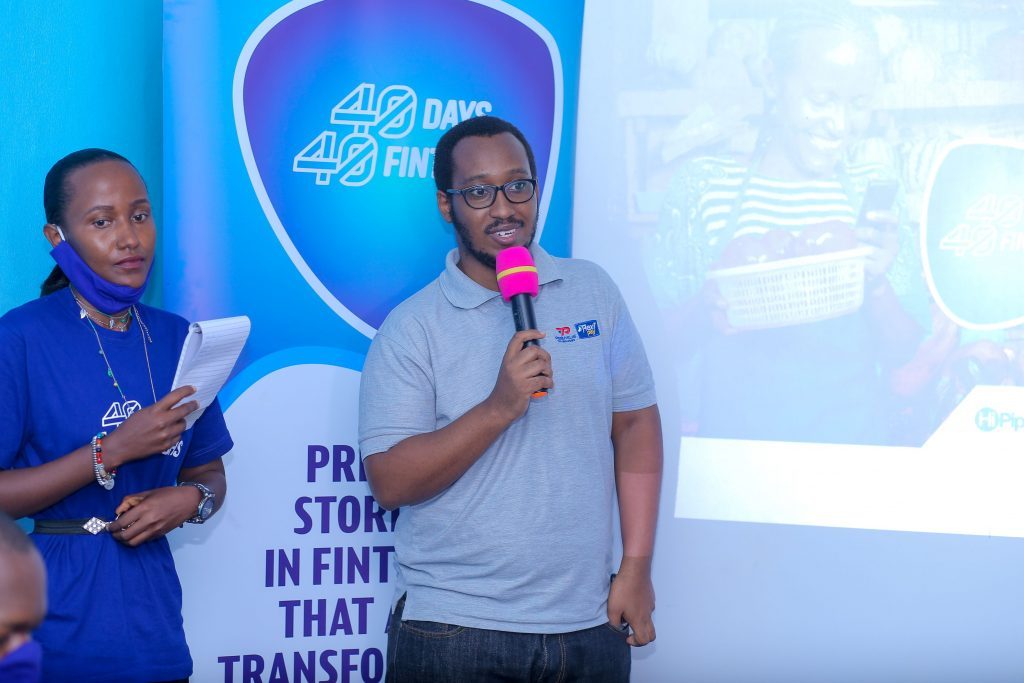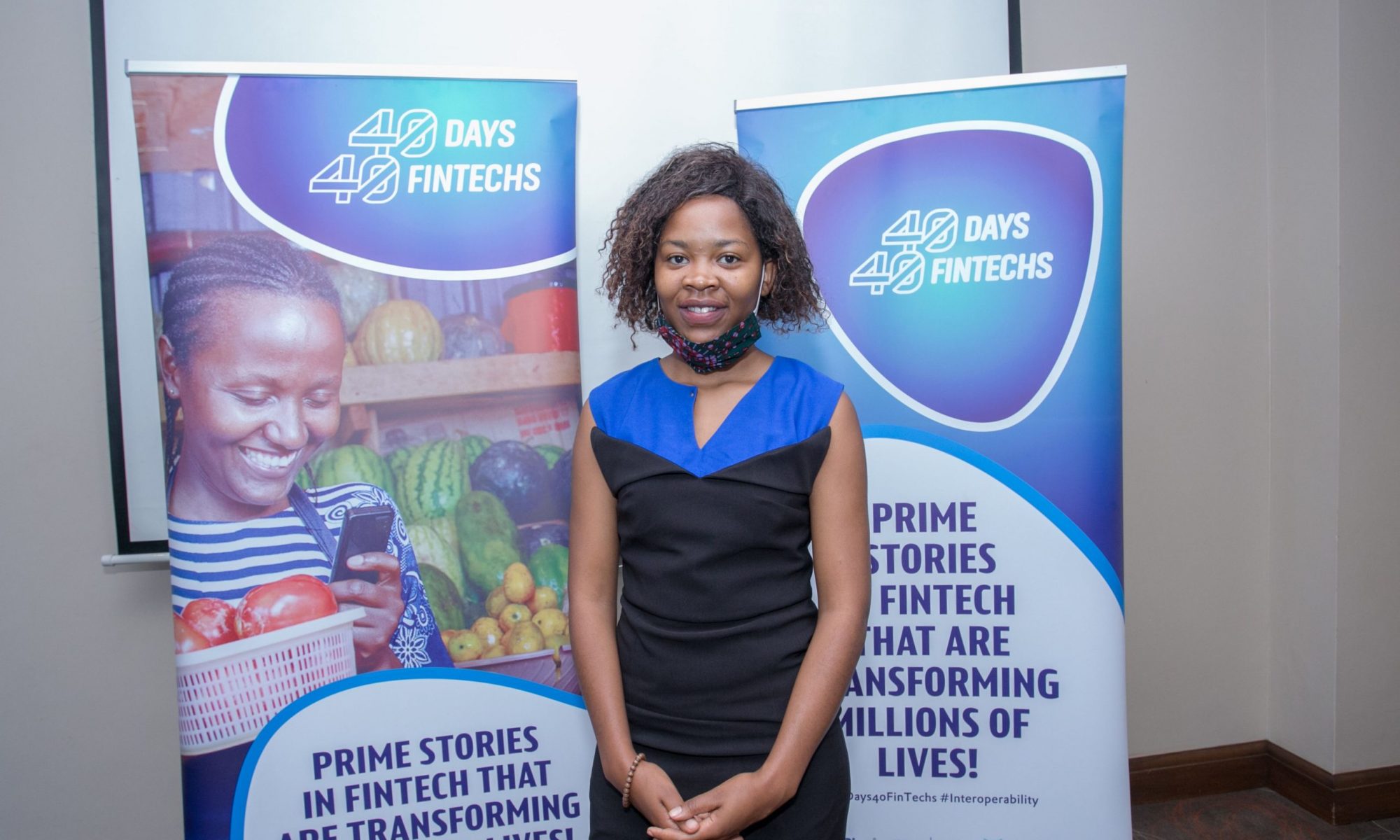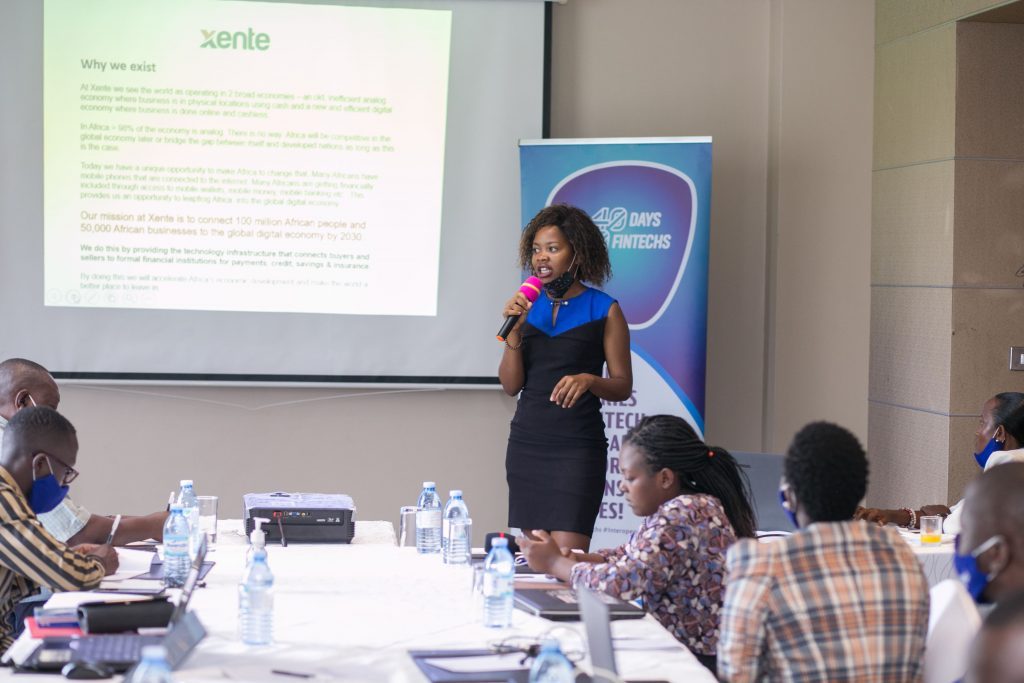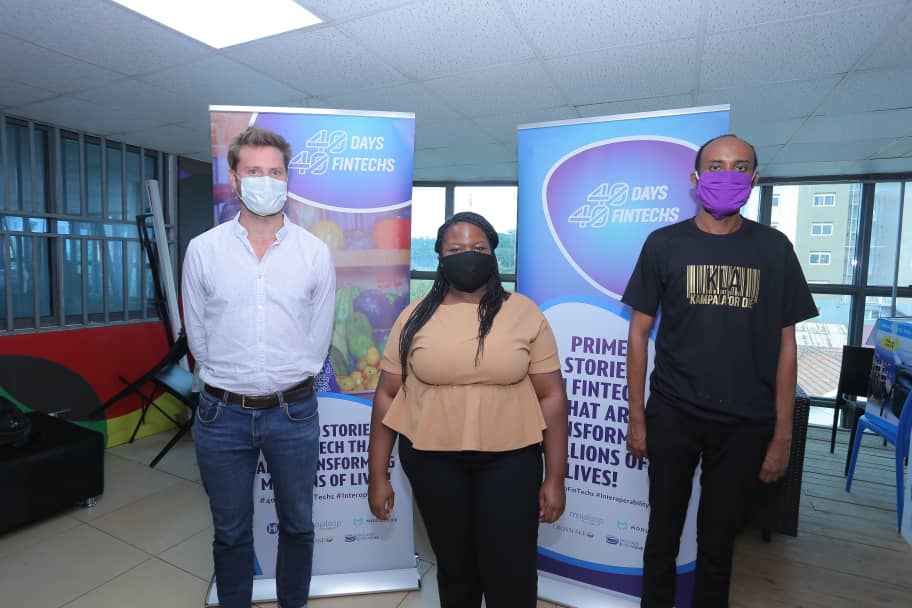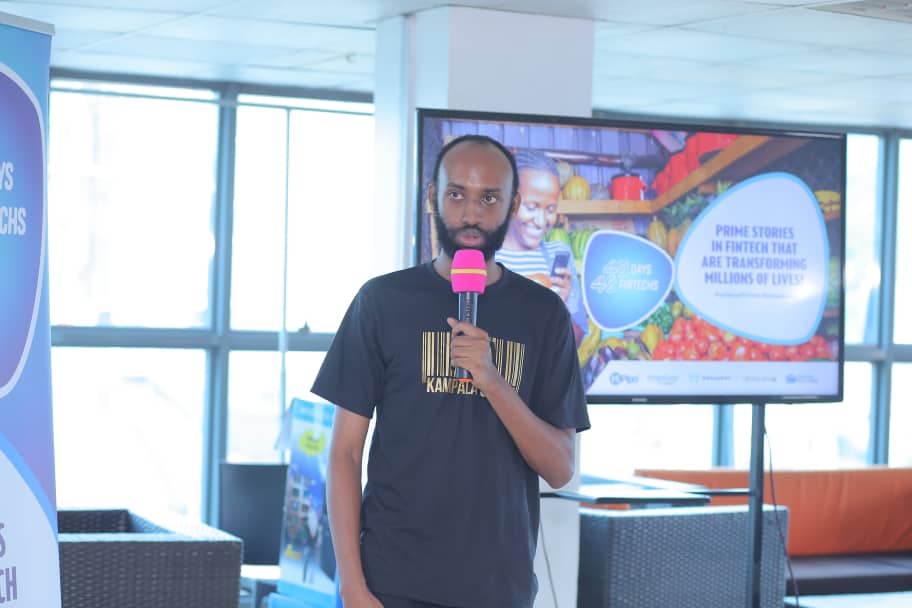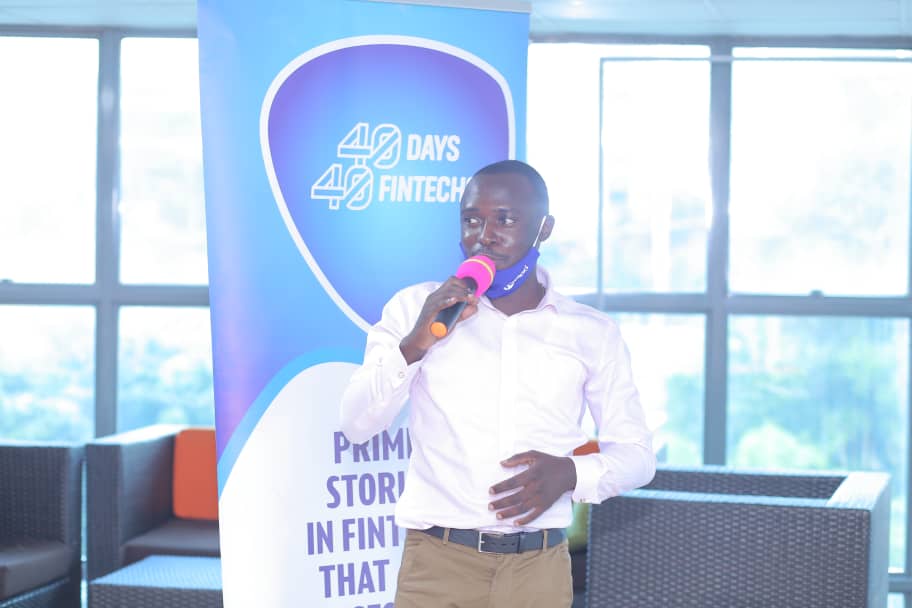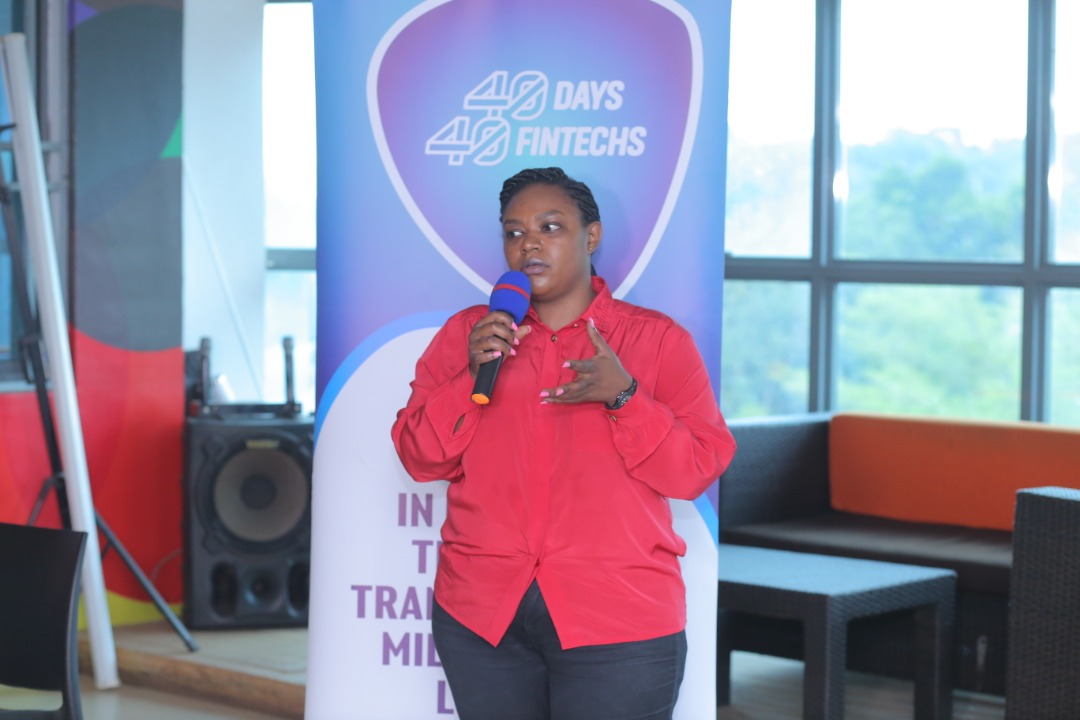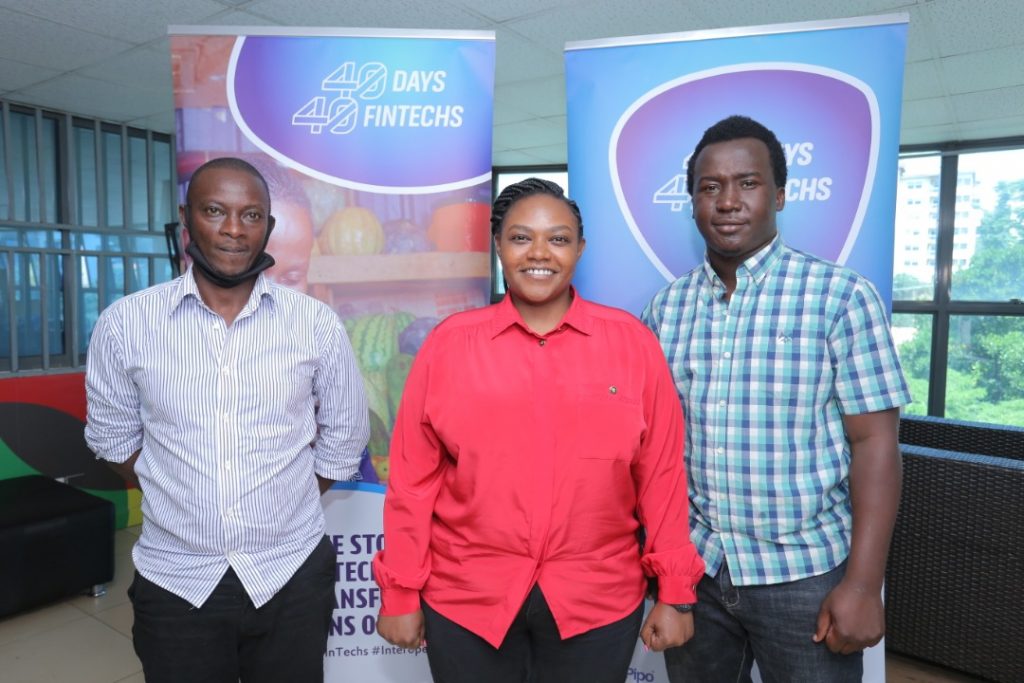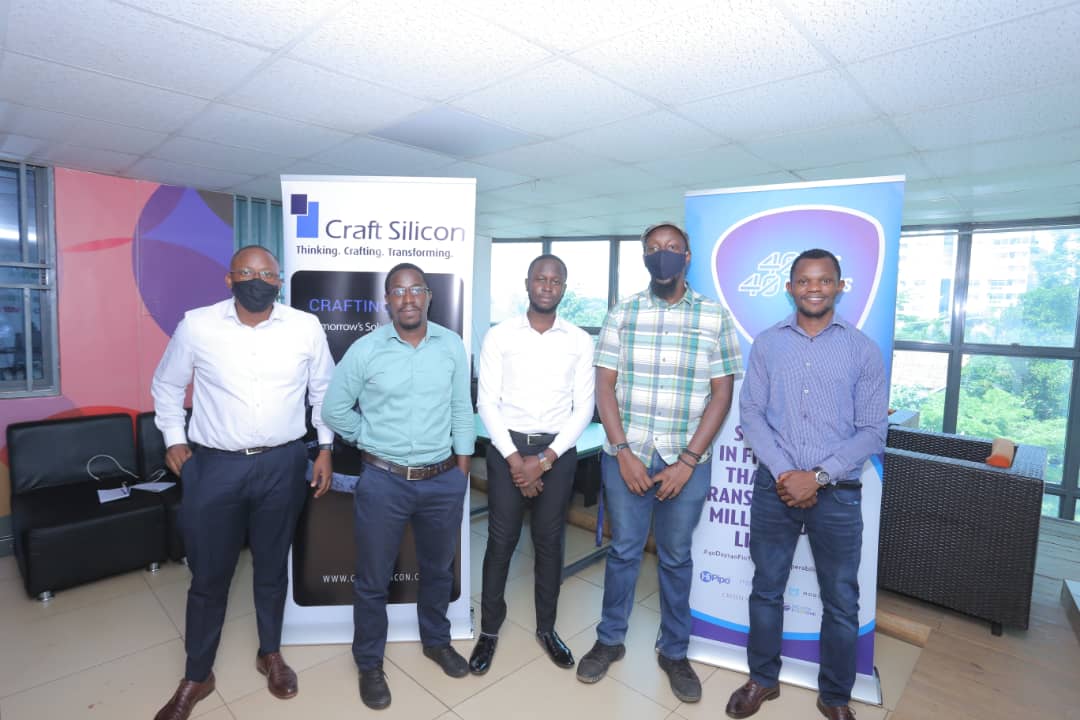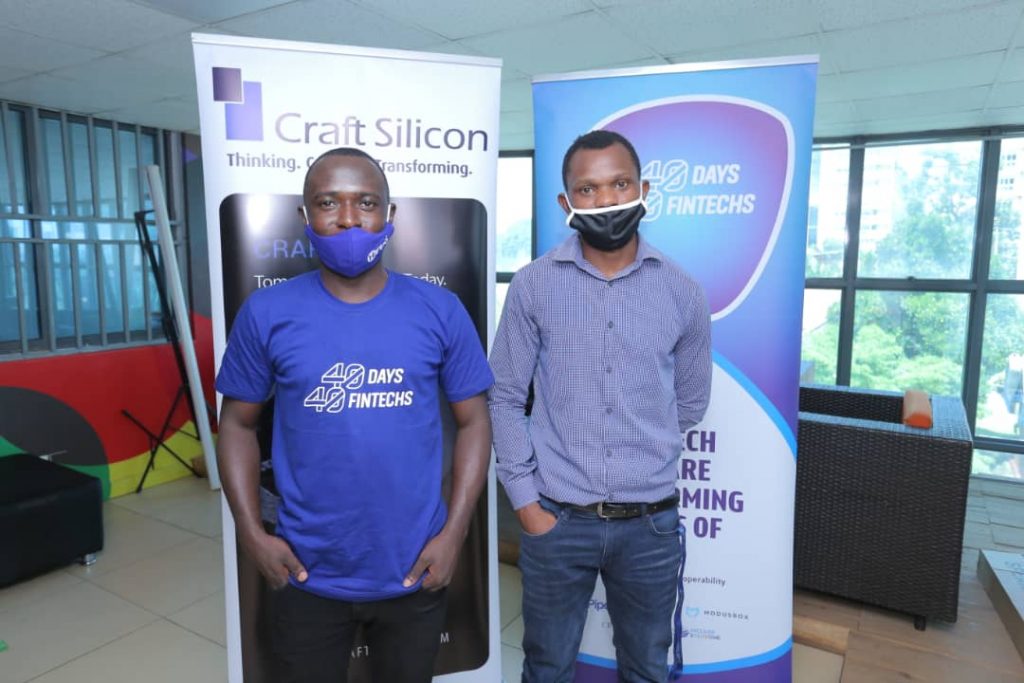Our Reporter.
While Sub-Saharan Africa countries are among the largest recipients of diaspora remittances, the region also suffers with some of the highest transfer costs than any other region in the world.
A 2018 World Bank report shows that on average, the cost of sending USD 200 to and from a country in the region was almost USD19, which is more than 20% higher than the charge for a remittance to any other region.
Frustrated over exorbitant charges and lack of innovation in the African-diaspora remittances, Douglas Kimani set out to start Frontier Alliance Limited, a technology company that is passionate about digital transformation.
According to Kimani, money transfer solutions have remained the same over the years, characterized by high fees and low exchange rates.
Based in Winnipeg, Canada, Frontier Alliance offers financial inclusion products in remittances and direct bill payments from anywhere in the world, thus eliminating middlemen, who most times misuse the hard-earned cash.
Kimani explained that while direct bill payment services have been out of reach for many Africans in the diaspora, Frontier Alliance’s products are set to provide the much-needed bridge to ensure that remittances fulfil the intended purposes.
“Diaspora remittances do not always fulfil the intended purposes such as settling education bills, hospital bills, utility bills because they are sent through a third party. But our direct bill product will close this gap by paying the service providers directly,” Kimani said.
He added: “Our promise is to provide real time money transfer service with direct bill payments, securely and conveniently, cost-effectively or at no-cost while providing traceability of the funds with good stewardship.”
The Financial Technology Company (FinTech) focuses mainly on financial services, health care and education while leveraging social, mobility and cloud technologies.
Kimani, whose company is among those participating in the 40-days-40-FinTechs initiative, applauded the project organisers, saying that the idea of promoting interoperability, especially within Africa, will help lower transactional costs further and make financial services more accessible.
“Interoperability and Mojaloop in the African financial inclusion journey is critical; Mojaloop is providing the missing link that Africa needs. Different partners are provided with a level playing field to start from,” he said.
He added: “Whether a company is a startup or a multi-billion dollar company, this will help innovation acceleration while observing global best practices.”
Kimani noted that being an open source software, Mojaloop has provided an opportunity to different stakeholder categories to be involved, through the use of Application Programming Interfaces (APIs) and open standards architecture, with level one principles.
As Frontier Alliance scales to meet the different user demands, Kimani explained, it will now be easy to integrate with Mojaloop and leverage other partners in the ecosystem to advance financial inclusion.
About 40-days-40-FinTechs
The 40-days-40-FinTechs initiative is organised by HiPipo, in partnership with Crosslake Tech, ModusBox and Mojaloop Foundation.
It seeks to enable Financial Technology Companies innovate solutions that facilitate cross-network financial transactions at minimal risks to enhance access to financial services.
Running for 40 days, the project will see the participating 40 FinTechs, acquire interoperable development skills to improve access to financial services, using the Mojaloop open source software.
The HiPipo CEO Innocent Kawooya commended Frontier Alliance for the innovation, saying that developing more interoperable digital payment solutions will play a major role in scaling uptake of digital financial services and improve the levels of financial inclusivity.
“Frontier Alliance is designing digital remittance solutions that will help increase direct foreign investments for several African economies and markets,” Kawooya said.
He added that the idea of eliminating middlemen will help create a trusted Africa – Diaspora reliable merchant and service provider network of schools, medical facilities, that helps every payer to pay directly and exactly for only what they wish to, conveniently from any part of the world.

